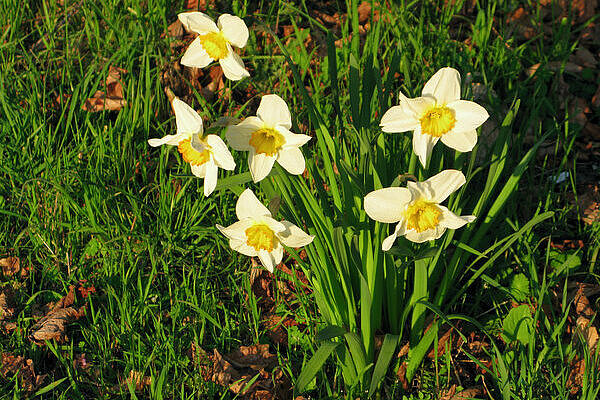Jacob's lilies

What are scallions?
Scallions, scientifically known as Sprekelia formosissima, are exotic flowers that are prized for their striking red blossoms. Originally native to Central America, they have established themselves as popular ornamental plants in many gardens around the world. But the beauty of scallions also holds secrets that go beyond their aesthetic appeal. It turns out that they can have both potential benefits and drawbacks for dogs.
Potential benefits of scallions
Natural source of antioxidants
Scallions contain antioxidants that can help protect cells from free radicals. This is particularly important for senior dogs, as antioxidants can help to slow down the ageing process and boost the immune system.
Supporting digestion
In some traditional applications, parts of scallion have been used to aid digestion. However, it is important to note that the direct use of plant parts in dogs is not recommended without expert advice.
Possible disadvantages and risks
Toxicity
The most important point to note is that many parts of the scallop lily can be toxic to dogs. Symptoms of poisoning can include vomiting, diarrhea, lethargy and in severe cases even kidney failure.
Allergic reactions
Some dogs can have an allergic reaction to scallions. Symptoms may include skin rashes, itching and other allergic reactions.
Safety advice
- Avoid direct contact: It is advisable not to give your dog direct access to scallions, whether through plants in the garden or cut flowers in the house.
- Expert advice: You should always consult a vet or canine nutritionist before using any part of the plant in your dog's diet.
- Observation: If your dog has accidentally consumed parts of a scallion, watch him closely for signs of poisoning and seek veterinary help immediately if necessary.
While scallions are found in many gardens due to their beauty, it's important to recognize their potential risks to dogs. The safety of your four-legged friend should always come first. Therefore, it is advisable to keep scabious and other potentially toxic plants out of your dog's reach. With proper handling and knowledge, you can ensure that your garden or home remains a safe and enjoyable place for both you and your dog.
If you notice any signs of hypersensitivity or poisoning in your dog, you should see your vet immediately. We are not a substitute for a vet, but we try to be as accurate as possible. Every dog reacts differently and we recommend you get a second opinion or consult your vet if in doubt.
Stay healthy and take good care of your four-legged friend!😊
Similar to Jacob's lilies
Daylilies belong to the grass family (Xanthorrhoeaceae) and are not related to the true lilies (Liliaceae). There are over 80,000 different types of daylily, which vary in shape, color and size....
Gladioli (Gladiolus spp.) are attractive flowering plants that are appreciated for their long inflorescences and variety of colors. Originally from Africa, Asia and the Mediterranean region, they...
Daffodils contain various alkaloids that can be poisonous to dogs. These substances are mainly found in the bulbs, but also in the leaves, stems and flowers of the plant. If they are eaten or...
Tulips are a genus of plants from the lily family, which includes around 150 different species and various hybrids. They originate from Europe, Central Asia and North Africa and are now cultivated...



